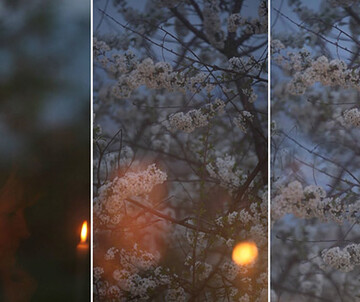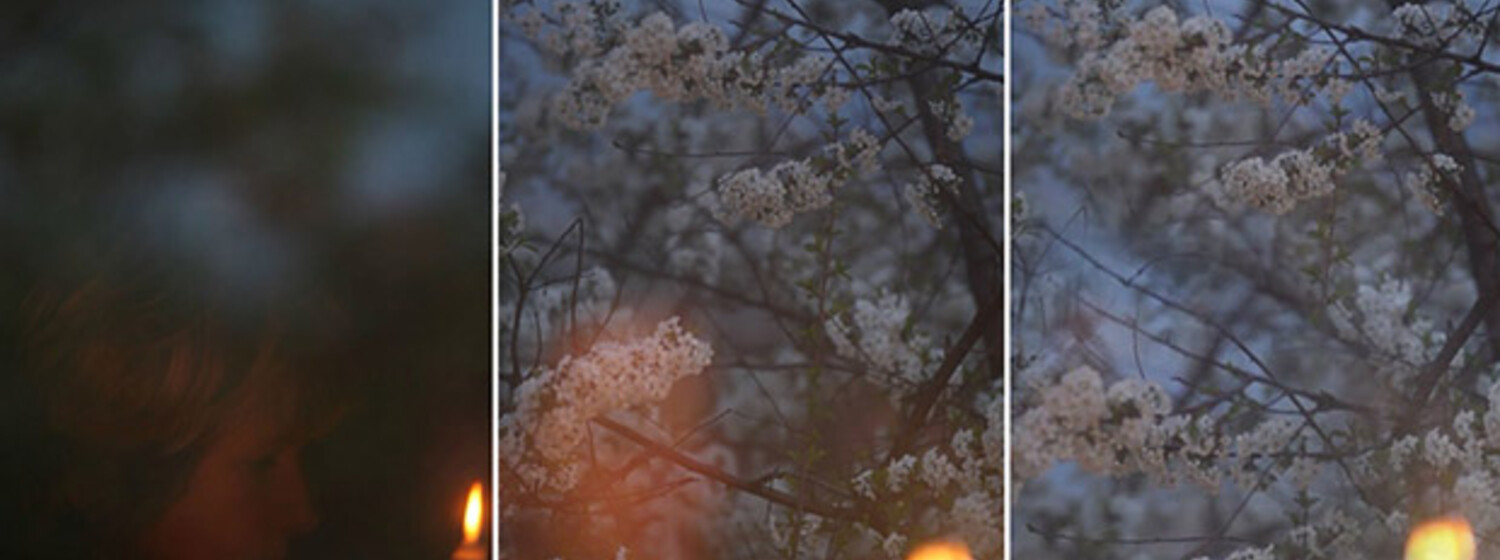24.11.2017 to 24.11.2017 - Raum D / Q21
Host: MQ Cultural Tenants
Three stories
ART


Venue: Raum D / Q21
Admission free
In times when the acquired human rights, set out in the constitutions of all European states as the guiding principles and laws of democratic society, are becoming subject to polemics, we must urgently resist different institutions in their surreptitious attempts to impose their opinions on the basic issues concerning human existence. Humiliation, marginalisation and inequality of any human being are threats we must stand up against engaging all social mechanisms, be it national statutory provisions, civic initiatives or religious dogmas.
Presenting position of three artists of younger generation brings together aspects of today’s issues of obvious and omnipresent inequality, violation of basic human rights and neglecting the collective trauma of weaker. All three presented works directly comment upon the present political and social reality, and scrutinize the position of the individual in these turbulent times of rapid change. A close and critical inspection of social values has been a constant in artistic practice since the times artists shook off the shackles of guilds, and art no longer had to obediently serve the invisible powers of state institutions or other institutions of authority. As Karel Teige says, real social art is art that is ruthless in its commentary of society and inherently revolutionary. Political change, new social and political regimes, and new ideological premises should transform art from a compliant servant into a fierce critic of the state and society.
"Newsreel 63" by Nika Autor follows newsreel-related practices and tries to position and understand a particular image – a shred of video taken on the once famous Belgrade - Ljubljana rail-line, where refugees now travel not in couchettes but between the train’s wheels. "Newsreel 63" drifts into a visual investigation of railways and explores its historical, social and political narrative. The essayistic and associative elements of "Newsreel 63" link this historical narrative to our pursuit of happiness, the idea of voyage in the current social constellation, where our longing for happiness is all too often tied to the idea of travelling somewhere – or indeed the need to secure the means for mere basic survival. In her conception of the newsreel, Autor refers to traditional forms of the genre and employs various layers of content, connecting them through essayistic narration and visual elements. What makes "Newsreel 63" specific is the way it straddles the line between the traditional informative, committed anti-newsreel form and a more textually-driven and experimental cinema, guiding viewers through the story while leaving them to fill in the blanks with their own thoughts and reflections.
The content of Lana Čmajčanin’s work usually fluctuates in the relation with the social narratives as well as in identity discourses through prominent issues from recent or past history with special emphasis on the position of women. The video "Woman with the Candle" is vertically composed with a chiaroscuro effect and a reference to baroque “women with candle” motifs from the European art history. The film is eighteen long and shot in a single take. The long shot captures the gentle change from night into day, the birth of a new dawn. The spectator is invited to become a co-witness of an intimate struggle to come to terms with the trauma and horrors of the war. In the light of the dawn, with the sounds of a muezzin calling for the early prayer and barking dogs, the reflection of a mourning woman’s face vanishes away.
The video "The Factory" by Sanela Jahić shows a network of dialogues stretched between the poles of machine, work, worker, owner and c/Capital, filmed in the context of local manufacturing plants. The film intro begins with short statements from anonymous individuals employed in industrial production. Many of them declined to be filmed for fear of losing their jobs. The individual’s relation to technology and the way that the latter influences the nature of labour and thus one’s subjectivity is further illustrated with the story of the factory owner (Act I: Love) and the story of a female worker (Act II: Birth). The video discloses man’s relation with machines and his or her submission to the question of power, which, in our society manifests itself through property.
Curated by Alenka Gregorič
Presented by Open Space - Verein für ein neues Forum von Kunst und visueller Kultur
Image: Lana Čmajčanin, Woman With the Candle
<link http: www.openspace-zkp.org>www.openspace-zkp.org/